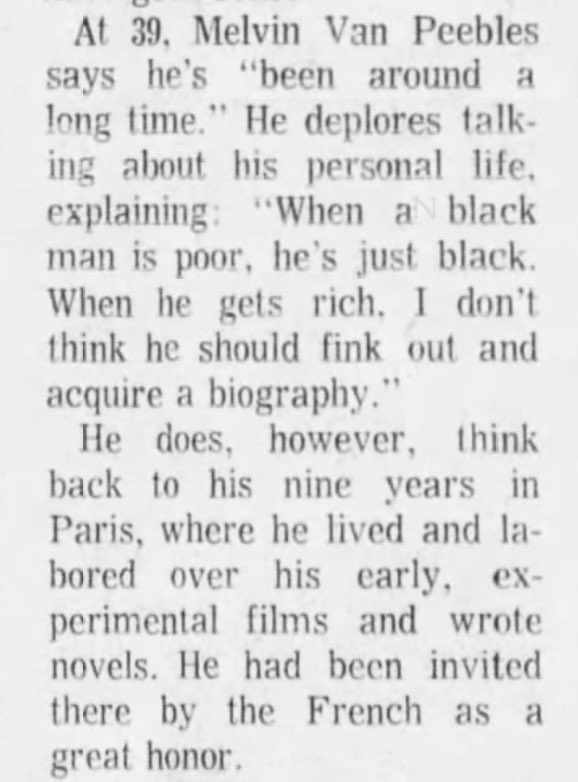
The (probable*) first lesbian love song on #Broadway, and why its forgotten: a #Pride #queer #history thread
(SPOILER ALERT: it isn’t this )
Despite its queer reputation, Broadway doesn’t have a lot to offer women who love women, which is part of why FUN HOME (and its love song, “Changing My Major to Joan:”) received the tremendous response it did in 2013
During the Pansy Craze of the ‘20s & ‘30s, there were songs that touched on queer subjects, w/ the closest thing to a love song btw women perhaps being “Marvelous Party” by Noel Coward, sung by queer icon Beatrice Lille, in SET TO MUSIC (1939)
Mae West’s 1927 musical THE DRAG would have included “The Woman Who Stole My Gal,” but it was closed for obscenity during previews.
Similarly, “Kate the Great” (who “made the maid who made the room”) was cut from ANYTHING GOES in 1934 because Ethel Merman found it too dirty. (recording from 1989: )
Then we enter our long national nightmare of theatrical heterosexuality, extending basically from WWII to Stonewall.
But finally, 2 years after the Stonewall Uprising, Melvin van Peebles brings AIN’T SUPPOSED TO DIE A NATURAL DEATH to Broadway, featuring the haunting love song, “10th & Greenwich.” 





Van Peebles originally released the song, along with others from the show, on his album Brer Soul (here at 23:50 )
There’s no recording of the Broadway version online, so I taped it on my iPhone – apologies for the terrible quality!
In it, a woman sings up to her lover, Dorothy, who is imprisoned at the Women’s House of Detention (a real prison in Greenwich Village). She tells her about a new kind of hairspray, how much she loves her, and all the queer gossip. (Afro-Fabulation, Tavia Nyong’o) 

The singer, Beatrice Winde (on right in photo), was nominated for a Tony for the part – just one of 7 nominations the show received (also Best Musical, Book, Original Score, Direction, Lighting & Scenic Design) (Boston Globe 2004) 

They did a medley of songs from the show at the Tony’s that year.
The show was “white hot,” and “a rare truth and joy on the stage” (NY Daily News, 1972) & “an artistic triumph” (Ridgewood Herald News, 1971) 



And yet it was almost a flop, leaving van Peebles to fund it himself (largely off of the money he made from his film, SWEET SWEETBACK’S BAADASSSSS SONG) (Daily News, 1972) 

Many white reviewers simply through up their hands at the play, saying it was too foreign for them to understand – and insulting van Peebles (Daily News, 1972) (The New Courier, 1972) 



Van Peebles had lived in France for 9 years and written 5 novels in French. (Des Monies Tribune, 1971) 

With van Peebles continued financial support – and some stunt casting of famous black celebrities, like Ossie Davis – the show found its legs, bringing in an audience that was largely black and new to Broadway. (VA Daily Press, 1972) (Daily News, 1972) 



Van Peebles said later that he was inspired to write Tenth and Greenwich because of his time sleeping homeless on the bench across from thee Women’s House of Detention. (VA Daily Press, 1972) 

In fact, the Women’s House of Detention (shameless plug: the subject of my next book) inspired the show as a whole. redbullmusicacademy.com/lectures/melvi… 

So there you have it: the long story of the first lesbian love song on Broadway. Happy Pride! If you want to keep up with my research on the Women’s House of Detention, follow my patreon! patreon.com/posts/house-of…
* (I say “probable” first lesbian love song b/c so much queer history is still un-remembered. If you know an older one, please share it!)
• • •
Missing some Tweet in this thread? You can try to
force a refresh







